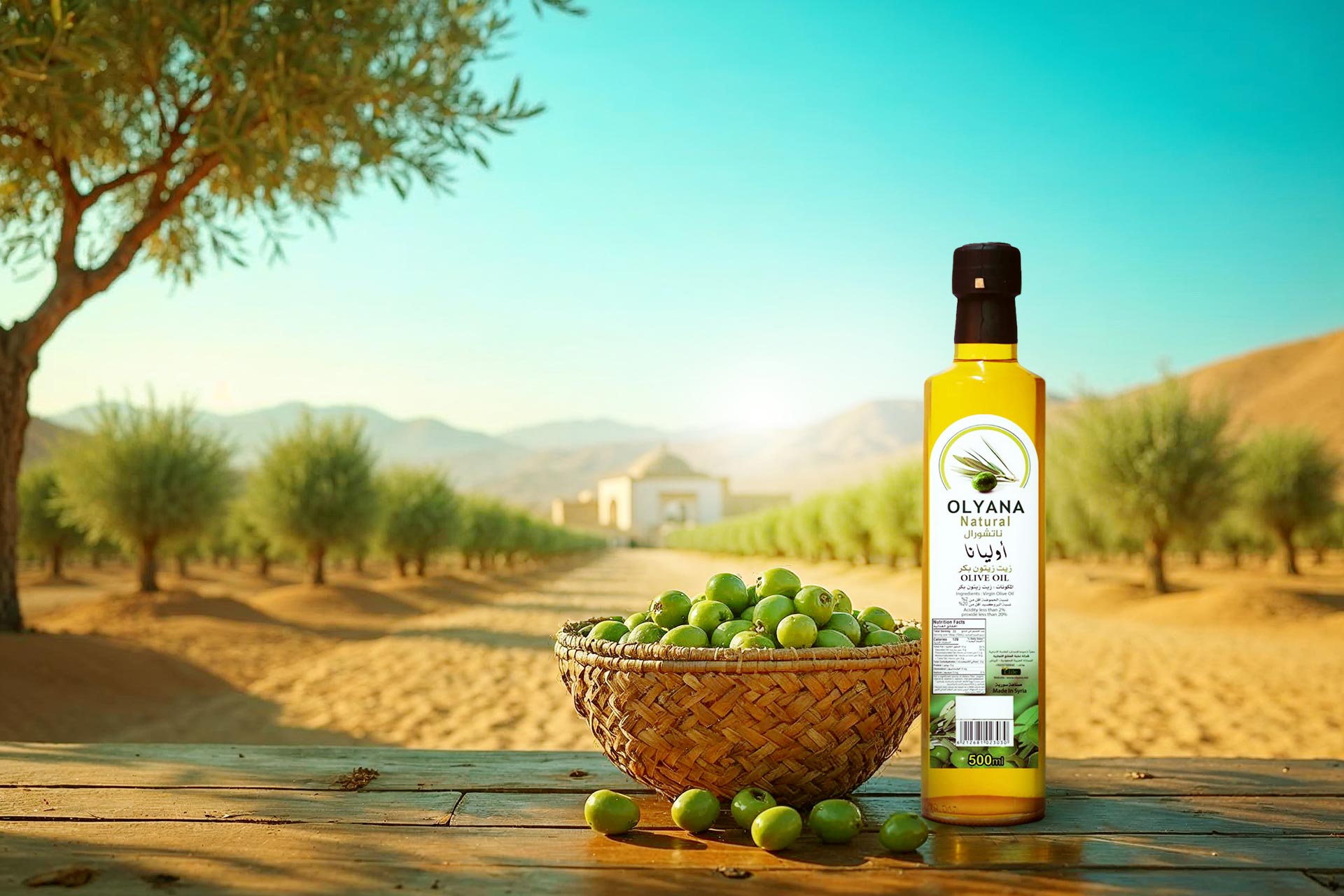The cultivation of olives in Saudi Arabia is a promising agricultural venture with the potential to diversify the nation’s income sources and bolster food security. The Kingdom boasts vast expanses of arable land, making it ideal for the optimal cultivation of olive trees.
Olive Production in Saudi Arabia
The Al-Jouf region leads the Kingdom in olive farming and production, hosting millions of olive trees known for their high yield and exceptional-quality oil. Intensive cultivation techniques have been adopted since the early 2000s, significantly boosting productivity.
Saudi olive production extends beyond oil to include premium pickled olives and black olives, distinguished by their superior quality and delightful taste.
General Benefits of Olives and Their Derivatives
- Economic Contributions:
Olive production contributes to diversifying national income, creating job opportunities, and strengthening the local economy. - Environmental Impact:
Olive farming helps combat desertification, improves soil quality, and promotes biodiversity conservation. - Health Advantages:
Olive oil is among the healthiest oils, packed with nutrients beneficial for heart health, arteries, and reducing the risk of chronic diseases.
Olive Marketing in Saudi Arabia
- Local Market:
Saudi olives enjoy high demand among both citizens and residents, reflecting their popularity in the domestic market. - International Markets:
The Kingdom is increasingly focusing on exporting olive oil to global markets, tapping into the growing international demand. - Festivals and Promotions:
Saudi Arabia hosts numerous festivals to promote olive and olive oil products, raising awareness of their health benefits and supporting local farmers.

